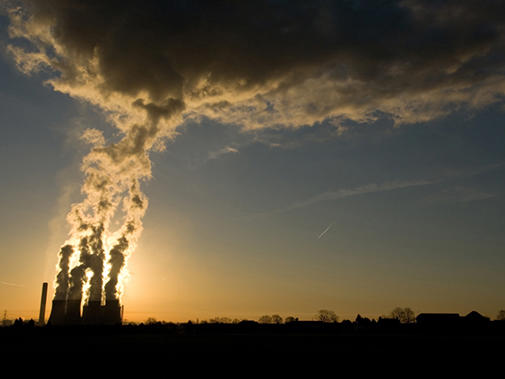The BMA supported the declaration of a climate emergency in 2019. Rising global temperatures are going to intensify a crisis in public health, with the World Health Organization estimating that, between 2030 and 2050, climate change will be responsible for around 250,000 additional deaths a year.
As a member of the UK Health Alliance on Climate Change, we have called for swift action from the Government and the NHS. This includes our support for a broad range of policy measures to ensure the UK reaches its Net Zero targets – from the decarbonisation of the energy industry to rewilding the natural environment.
We have called on our members to advocate for policy which protects the environment and therefore, their patients’ health. We have been deeply troubled that doctors who have taken peaceful action have been sanctioned by the GMC. While we understand the GMC has a duty to refer doctors to medical tribunals when they receive custodial sentences, the Police, Crime, Sentencing and Courts (‘Policing’) Act 2022 and Public Order Act 2023 has lowered the threshold at which conditions can be placed on protest activity, and this must be considered. As a result, more doctors may face custodial sentences for taking part in peaceful climate action, which will have no bearing on their ability to practise medicine and will not pose a risk to patients, past or future.
Right now, we are supporting our members, including Sarah Benn, to challenge professional sanctions, which have been placed on them for convictions received in relation to their participation in peaceful climate protests. We are concerned that, if such rulings against doctors continue, it will send a message to other doctors about the regulation of matters not directly related to patient care or their clinical skills and raises serious questions about the rules behind the handling of such cases.
We need the Government to support our members by acting quickly to address the climate crisis and its effect on patient health. It is also time for the GMC and the medical profession to review the use of sanctions for doctors who have found themselves in front of medical tribunals because of their attempts to raise awareness of the climate crisis and protect their patients from the increasing public-health risk posed by rising temperatures and air pollution.
We know the GMC is also concerned about the climate crisis, having included the responsibility to prioritise ‘sustainable solutions’ into the most recent edition of Good Medical Practice. What the GMC needs to do now, however, is show the doctors it regulates and the patients we care for that advocating for a solution to the climate crisis by peaceful protest does not affect a doctor’s ability to care for patients.

